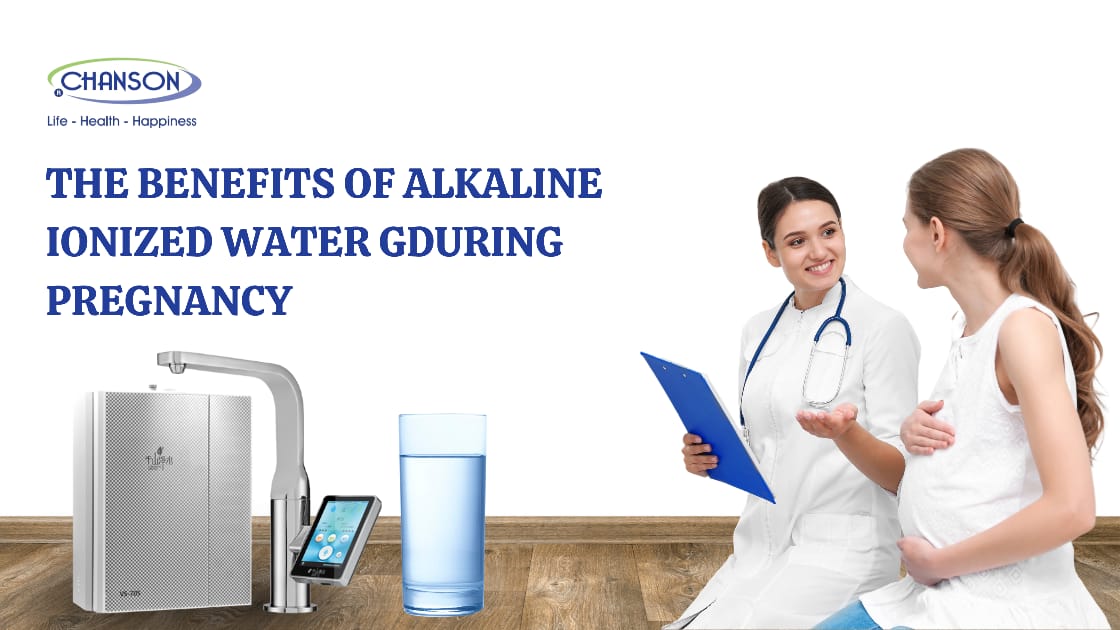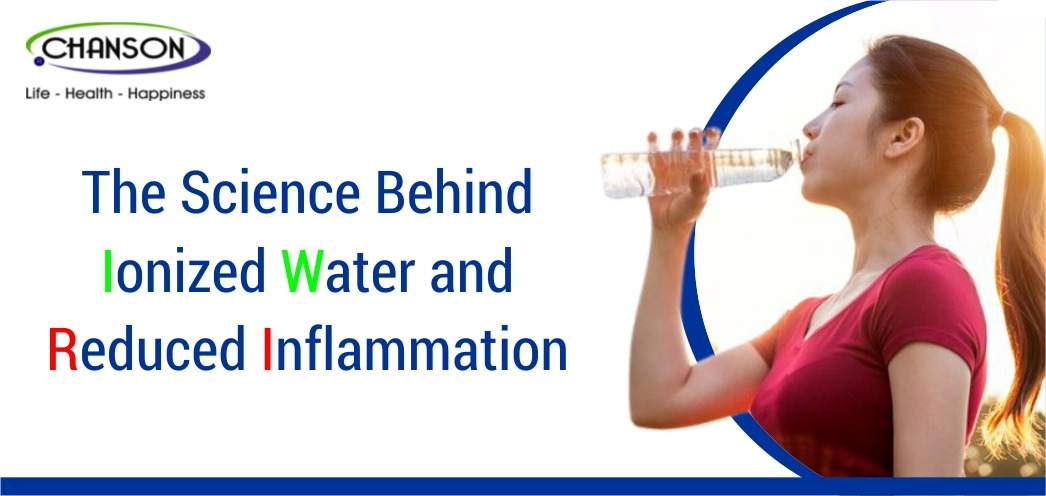The Health Benefits of Drinking Reverse Osmosis (RO) Water
In recent years, the popularity of reverse osmosis (RO) water has surged due to its perceived health benefits. But what exactly is reverse osmosis, and why is it gaining such recognition? In this article, we'll delve into the process of reverse osmosis, its benefits, and why it's becoming a popular choice for many health-conscious individuals.
What is Reverse Osmosis?
- Sediment Filter: Before water enters the reverse osmosis membrane, it passes through a pre-filter to remove sediments, debris, and larger particles. This step safeguards the RO membrane from potential clogging or damage.
- Carbon Pre-Filter: The water then passes through a carbon pre-filter, which removes chlorine and other chemicals that can affect the taste and odor of the water.
- RO Membrane: The heart of the reverse osmosis system, the RO membrane, removes contaminants such as lead, arsenic, fluoride, and other dissolved solids.
- Post-Filtration: After passing through the RO membrane, the water undergoes a final post-filtration process to ensure its purity before consumption.
Why is Drinking Reverse Osmosis Water So Popular?
There are several reasons why drinking reverse osmosis water has become increasingly popular:
- Comprehensive Filtration: Reverse osmosis effectively removes a wide range of impurities, providing clean and safe drinking water.
- Improved Taste and Odor: By removing chlorine and other chemicals, RO water has a fresher and more appealing taste.
- Cost-Effectiveness: While the initial investment in a reverse osmosis system may seem high, it is cost-effective in the long run compared to buying bottled water.
Health Benefits of Drinking Reverse Osmosis (RO) Water
- Goodbye Impurities: RO water is free from contaminants, making it safe and healthy to drink.
- Optimal Hydration: The purity of RO water allows for better hydration, which is essential for overall health and well-being.
- Digestive Issues? Not Anymore!: Drinking RO water can help improve digestion and prevent digestive issues
- Achieve Beautiful Skin: The purity of RO water can benefit your skin, making it clearer and more radiant.
- Helps in Weight Loss: Drinking plenty of water, especially clean RO water, can aid in weight loss by boosting metabolism and reducing hunger.
- Boosts Immune System: RO water is free from harmful contaminants, helping to boost your immune system and keep you healthy.
- Improves Kidney Function: By reducing the intake of contaminants, RO water can help improve kidney function and overall kidney health.
- Reduces the Risk of Cardiovascular Disease: Drinking clean water can help reduce the risk of cardiovascular disease by promoting overall heart health
- Say Hello to Beautiful Hair: The purity of RO water can benefit your hair, making it softer, shinier, and more manageable.
- No Need for a Manicure, Ever!: The purity of RO water can benefit your nails, making them stronger and less prone to breakage
Drinking reverse osmosis (RO) water offers a range of health benefits, from improved digestion to healthier skin and hair. By investing in a reverse osmosis system, you can enjoy clean, safe, and great-tasting water that contributes to your overall health and well-being.
Call to Action
Read More Related Posts
Latest Blog
-
03 Jun 2025
The Benefits of Alkaline Ionized Water During Pregnancy -
03 Jun 2025
Dr Softener, the Best Water Softener -
27 Apr 2025
Alkaline water ionizer Your Insurance to Good Health and Longer Life -
19 Feb 2025
Prevent Bone Aches in Cold Weather with Alkaline Water: Essential Tips -
03 Feb 2025
Looking for Winter Wellness? Discover How Alkaline Water Strengthens Your Bones -
03 Feb 2025
The Science Behind Ionized Water and Reduced Inflammation -
22 Dec 2024
Winter-Safe Hydration: Why Alkaline Water Is the Best Choice

All Rights Reserved. © 2019-2026, Centrepoint Lifestyle Products Pvt Ltd.









